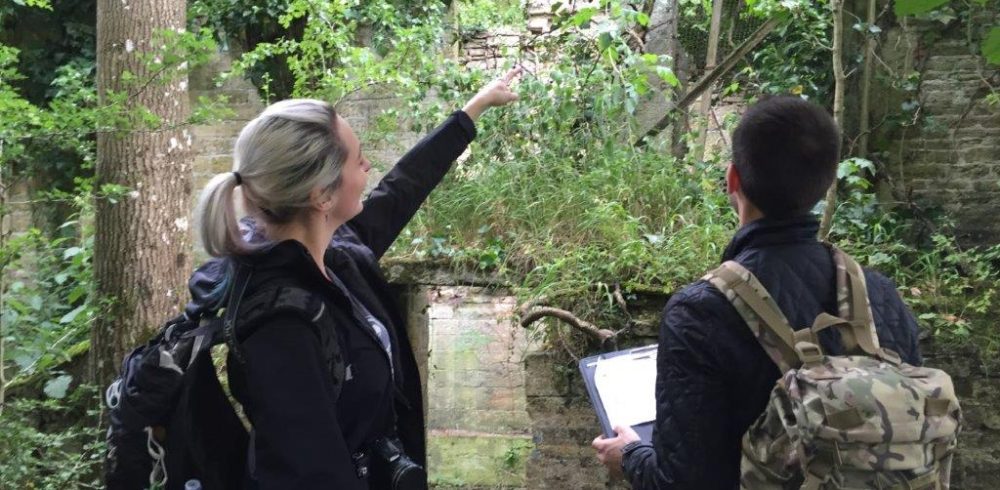An ecological report, or ecological appraisal, is an essential part of any planning application. The planning authorities have a statutory duty to look at the impact your application will have on biodiversity when they’re deciding whether or not to approve your plans.
The vast majority of projects will have some form of impact on biodiversity, either in the short or long-term, or both, and the information gathered in an ecological appraisal will highlight what those impacts are likely to be and how they can be mitigated.
Depending on the planning requirements for your particular project, you may even have to commit to enhancing the biodiversity in the area. Your ecological report will make suggestions regarding this too.
If there are any protected species on, or likely to be on, your site, the ecological appraisal will highlight this and make sure your plans take into account the relevant regulations and laws.
When to get an ecological appraisal
If you want your project to run as efficiently as possible, get in touch with an ecology expert as soon as you can. If there are biodiversity considerations, knowing about these at the earliest stages of planning will allow for protections and mitigations to be incorporated. However, if you discover later in the process that there are environmental considerations to accommodate, it can slow down the planning process, cause major changes to be needed to your plans and incur extra costs.
Ecological appraisals are sometimes also requested in the early stages of infrastructure projects or strategic masterplans, where an Environmental Impact Assessment will help to inform and support an application.
The best time of year for an ecological appraisal to be carried out is generally between March and September, as this is when animals are most active and results are most comprehensive. The appraisals can be done at other times of year, but there may be a need to carry out additional surveys at a later date to make sure the results are accurate.
What is included in an ecological appraisal?
In general terms, an ecological appraisal is an initial look at the biodiversity in and around your site – it sometimes comes under the name Preliminary Ecological Appraisal (PEA) instead. However, different ecological consultants will include different information in their reports. Things to look out for include:
- A site survey mapping out habitats such as hedgerows, trees, woodland, grassland and waterways, plus notable plant species
- Historic records of the site which may indicate protected species or areas
- Information about any initial findings and measures that may be necessary to protect or enhance the area’s wildlife
- A report suitable to submit to the Planning Authority including a summary of the appraisal findings and options for compliance and enhancement, plus supporting evidence.
Depending on the results of the appraisal, you may need to commission further surveys to get more information about protected species such as bats, birds and certain plants. These surveys will need to be carried out by licenced surveyors and will probably need to be carried out at a particular time of year depending on the life cycle and active periods of the species.
What are the typical things highlighted in ecological appraisals?
Ecological experts will look out for the unique features on each site. However, across the UK, protected wildlife sites include:
- County Wildlife Sites
- Local Nature Reserves
- National Nature Reserves
- Sites of Special Scientific Interest
- Special Areas of Conservation
- Specially Protected Areas
Commonly found protected (and other) species include:
- Badgers
- Bats
- Dormice
- Great crested newts
- Nesting birds
- Otters
- Reptiles – slow worms, adders, grass snakes, and lizards
- Water voles
- White-clawed crayfish.
Who to choose for your ecological appraisal
While there are many who offer this service, it’s best to work with a qualified ecologist who will be able to identify the relevant species, protected area information and potential mitigation measures.
They will have the knowledge to let you know of any other evidence you may need and how to get it, and will be able to advise you throughout the project, not just at the point of the initial assessment. Many qualified ecologists also hold additional licences allowing them to carry out surveys of protected species.
____
To discuss what form your ecological appraisal should take and the best ways to gather the required information, contact Engain on 01225 459564 or email enquiries@engain.com
Manufacturing & Engineering Magazine | The Home of Manufacturing Industry News














